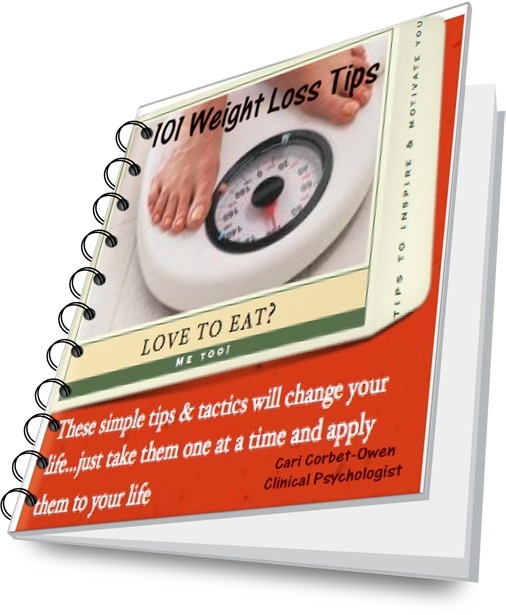Salt: Is It Healthy or Unhealthy?
How Much Salt Do You Need?
The recommended daily intake of salt for adults is 2,300 milligrams (mg). This is equivalent to about one teaspoon of salt. However, some people may need more or less salt, depending on their age, activity level, and medical conditions.
Health Benefits of Salt
Salt is essential for human health and has several important benefits, including:
* Regulates blood pressure: Sodium helps to maintain the body's blood pressure by balancing the levels of fluids in the body.
* Maintains fluid balance: Sodium is the primary ion that regulates the body's fluid balance. It helps to keep the cells properly hydrated and prevents dehydration.
* Transmits nerve signals: Sodium is essential for the transmission of nerve signals. It helps to generate the electrical impulses that allow nerves to communicate with each other.
* Facilitates muscle contractions: Sodium is involved in the process of muscle contraction. It helps to regulate the calcium levels in the muscles, which are necessary for muscle contraction to occur.
Health Risks of Salt
While salt is essential for human health, consuming too much salt can be harmful. Excessive salt intake can lead to a number of health problems, including:
* High blood pressure: Consuming too much salt can cause the body to retain too much fluid, which can lead to high blood pressure.
* Heart disease: High blood pressure is a major risk factor for heart disease, and excessive salt intake can increase the risk of developing this condition.
* Stroke: High blood pressure can also increase the risk of stroke, and excessive salt intake can increase the risk of this condition.
* Kidney disease: Consuming too much salt can damage the kidneys and lead to kidney disease.
* Stomach cancer: Some studies have linked excessive salt intake to an increased risk of stomach cancer.
How to Reduce Salt Intake
If you are concerned about your salt intake, there are several ways to reduce it, including:
* Read food labels: When shopping for food, read the food labels to compare the sodium content of different products. Choose foods that are low in sodium.
* Cook at home: Cooking at home gives you more control over the amount of salt you add to your food. When cooking, use herbs, spices, and other flavorful ingredients to enhance the taste of your food without adding salt.
* Limit processed foods: Processed foods are typically high in sodium. Limit your intake of these foods and opt for fresh, whole foods instead.
* Drink plenty of water: Drinking plenty of water can help to flush excess sodium from the body. Aim for eight glasses of water per day.
Conclusion
Salt is an essential mineral for human health. However, consuming too much salt can be harmful. By reducing your salt intake, you can help to reduce your risk of developing several health problems, including high blood pressure, heart disease, and stroke.
-
How to shift the weight without the gym
QuestionHi, Im 26, 5ft 4 and weigh 156 pounds. Ive been on and o
-
being a vegetarian
Questionhi- leigh-anne, i have decided to not eat meat and be a
-
Lose fat, build muscle.
QuestionI recently was going to play football for my high school
-
Corn beverage (coffee) Nutrition information
QuestionIf Thiamin(vitamin B1),vitamin B5, folate and other nutri
-
brown rice
QuestionHi, Im trying to lose weight, so would brown rice along
-
Underweight, need help regaining health
QuestionIm a recovering anorexic, been underweight for three year



